Creation Care and Engaging the Displacement Crisis
In honor of Earth Day, we’re sharing how creation care is an essential part of responding to the global displacement crisis. An estimated 23 million people are displaced each year by extreme climate events, leaving families who are already vulnerable to extreme poverty, hunger and conflict at even greater risk.
Nyawaraga’s Story of Climate Displacement
When historic flooding impacted Nyawaraga’s community in South Sudan in 2021, she and her three children were displaced from their homes.
Flood waters deluged fields and wiped out food supplies, destroyed schools and health facilities, caused flood-related illnesses and injuries and cut families off from humanitarian services.
With nowhere to turn for help, Nyawaraga and her children took shelter under a tree in another village. She had no mosquito net to protect her children or herself from bites and no blanket to keep them warm. Soon, two of her children became ill. Heartbreakingly, one of them died.
Around the world, families like Nyawaraga’s are caught in an unprecedented crisis. Climate disasters are driving displacement, and the consequences are severe.
By giving today, you can help us build climate resilience and respond to the urgent needs of displaced persons around the world, including those displaced by climate-related events.
A Fallen Creation
We don’t have to read far in scripture to see that God’s intention for his creation was good. Throughout the first chapter of Genesis, the Bible tells us that God repeatedly observed all he had created — the waters and the earth, the plants and the animals — and “saw that it was good.”
And he gave humankind a special responsibility to steward and care for his creation. Yet, when we hear stories like Nyawaraga’s, we see that something has gone terribly wrong in God’s good creation. Floods and famines, droughts and disease all point to the devastating truth that, when sin entered the world it not only affected humankind, but all that God had created.
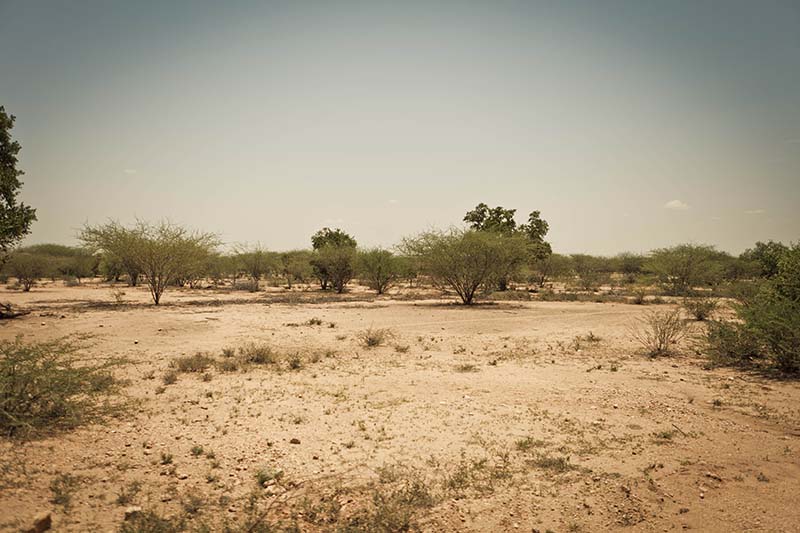
Because of the fall, we now live in a world marked by our broken relationships with God, ourselves, one another and, yes, even creation. Today, these breaks are contributing to one of the world’s most pressing crises — global displacement on a scale the world has never before seen.
Connected Crises: Climate and Mass Displacement
While the term “climate refugee” isn’t an officially recognized category for refugee protections or resettlement, climate has become a major driver of displacement. The U.N. estimates that 23 million people are being displaced each year due to climate-induced extreme weather events like heavy rainfall, extended droughts, extreme heat and cyclones.
What’s more, 70% of refugees and 80% of internally displaced people are coming from countries on the “front lines” of the climate crisis. Often, these communities, located in what the U.N. calls climate “hot spots,” lack the resources needed to adapt to increasing climate instability and rising global displacement, despite bearing the biggest burdens of these interconnected crises.
In families like Nyawaraga’s, we see first-hand how already vulnerable families are disproportionately impacted.
Climate is a Crisis Multiplier
In communities struggling under the weight of poverty, hunger or conflict, climate change acts as a crisis multiplier. According to “Loving the Least of These,” a climate report, published in partnership with World Relief and the National Association of Evangelicals in 2022, environmental changes and disasters were found to “push already poor people into deeper poverty.”
Climate disasters also hit hardest among those already displaced. “Refugees, internally displaced persons and stateless persons are among the most vulnerable to climate-driven change,” the report explains.
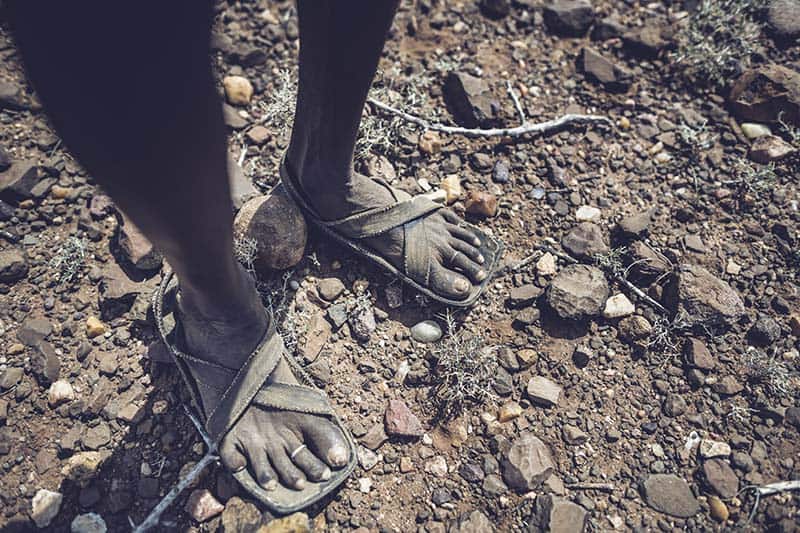
And the multiplying effect doesn’t stop there. As more communities are driven deeper into poverty or displaced into neighboring communities, competition over scarce resources like livestock, arable land and clean drinking water adds fuel to the global rise in armed conflicts.
The International Institute for Strategic Studies’ most recent Armed Conflict Report found that “the accelerating climate crisis continues to act as a multiplier of both root causes of conflict and institutional weaknesses in fragile countries.”
While the exponential challenges of climate change are profound and the impacts on families like Nyawaraga’s can be devastating, there’s still time to respond and make a lasting difference.
You can build climate resilience in communities around the world.
Responding to Climate Displacement
When Nyawaraga’s situation seemed most desperate, help was already on the way.
Traveling by helicopter, motor boat and canoe, World Relief staff brought critical health and nutrition care to those stranded and displaced by flooding in South Sudan. When these vehicles couldn’t get the job done, staff waded through water while carrying supplies on their heads.
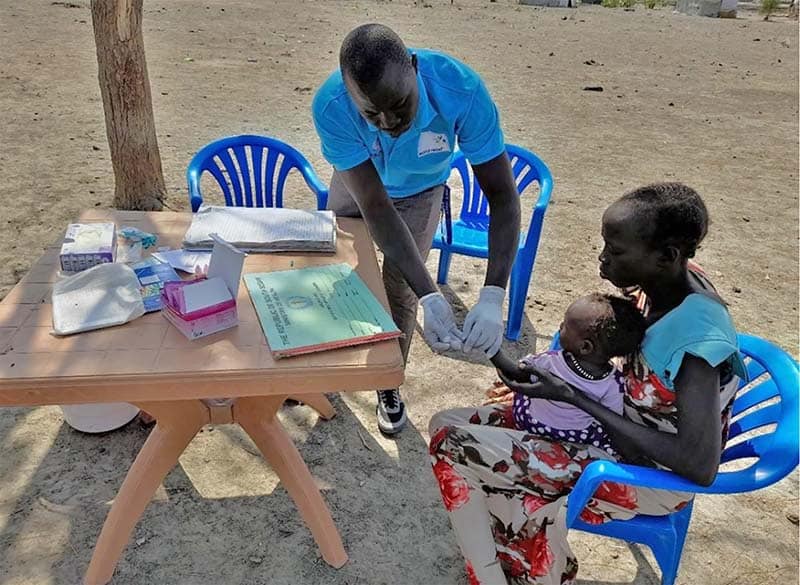
Soon, a World Relief mobile health outreach team reached Nyawaraga’s community, and she quickly brought her sick child to the team. The child was screened and tested positive for malaria. She was given medicine, and within three days, the child fully recovered.
At World Relief, we are grateful for the opportunity to provide life-saving relief to families displaced by climate-related drivers like Nyawaraga’s. And creation care invites us to take our response a step further.
Our Commitment to Creation Care
Because we believe the suffering we see due to climate-related events is symptomatic of the brokenness created at the fall, we also understand that our efforts toward healing and restoration must go deeper than responding to only the immediate impacts of climate disasters.
As entrusted stewards of our natural world, we can join God in his work of restoring broken relationships and a flourishing creation by prioritizing creation care as we engage with the world’s most pressing crises.
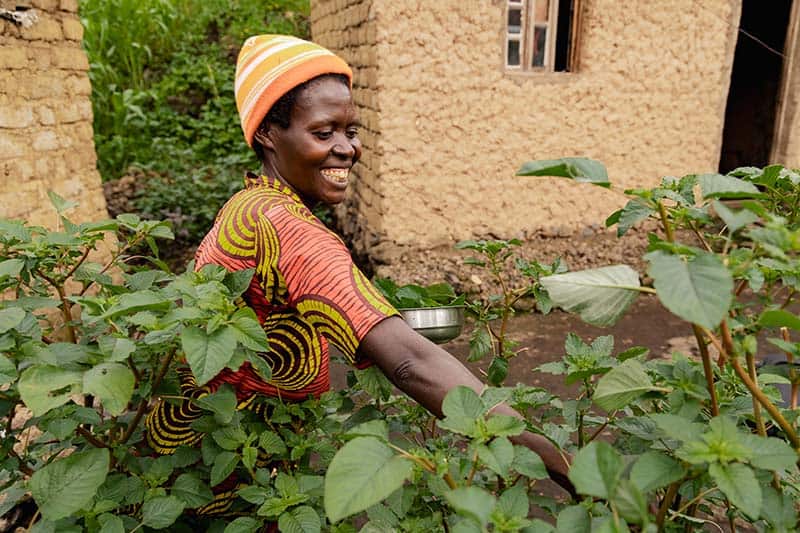
Here are just a few of the ways we’re caring for creation and responding to the climate crisis:
- In places like Rwanda and Burundi, we’re implementing climate-adaptive programming by training more families to plant “kitchen gardens.” These gardens require minimal water and maintenance, creating a reliable source of healthy food amid climate instability.
- In South Sudan, we’re working with farmers to adapt agricultural practices to new climate realities, such as growing rice in areas where flooding has persisted.
- In places like Kenya, we’re partnering with Michigan State University to test innovative technologies by piloting “Subsurface Water Retention Technology.” This will help soil retain water and nutrients, making farming possible in arid climates.
- In places like Malawi, we’re responding to climate-related disasters like Cyclone Freddy, which displaced 650,000 people in 2023. We distributed food and other essential supplies to 400 households.
- In South Sudan, Chad and DR Congo, we’re providing emergency aid and services, such as food, shelter and supplies, to those experiencing displacement caused or exacerbated by climate related challenges.
- And in the U.S., we’re increasing advocacy efforts related to the impacts of climate change on the global poor to ensure increased protections for those affected.
What’s more, we’re working to address climate instability at the roots wherever World Relief staff and programs are operating. Through initiatives focused on recycling, reducing consumption, ethical purchasing and building initiatives, we are putting action behind our value of caring for creation as God’s chosen stewards.
You can read more about our commitment to environmental stewardship and creation care, here.
Will You Care for Creation?
While Earth Day draws our attention to the inherent beauty and value of God’s creation, it also serves as a reminder of the stewardship responsibility we’ve been given to care for this earth and those who are suffering as a result of our rapidly changing climate.
The challenging reality is that we expect climate-related displacement to continue to rise over the next years and decades. In South Sudan, Nyawaraga’s home, communities are facing a fifth year of devastating floods, exacerbating existing ethnic violence and conflicts. Powerful storms like Cyclone Freddy are predicted to increase. Climate patterns are becoming harder to predict. And the world’s most vulnerable communities are at greatest risk.
But there’s much we can do to help.
Together, in partnership with local churches and communities, we can be an agent of restoration and reconciliation by caring for creation and for our neighbors affected by climate vulnerability around the globe. Will you join us?
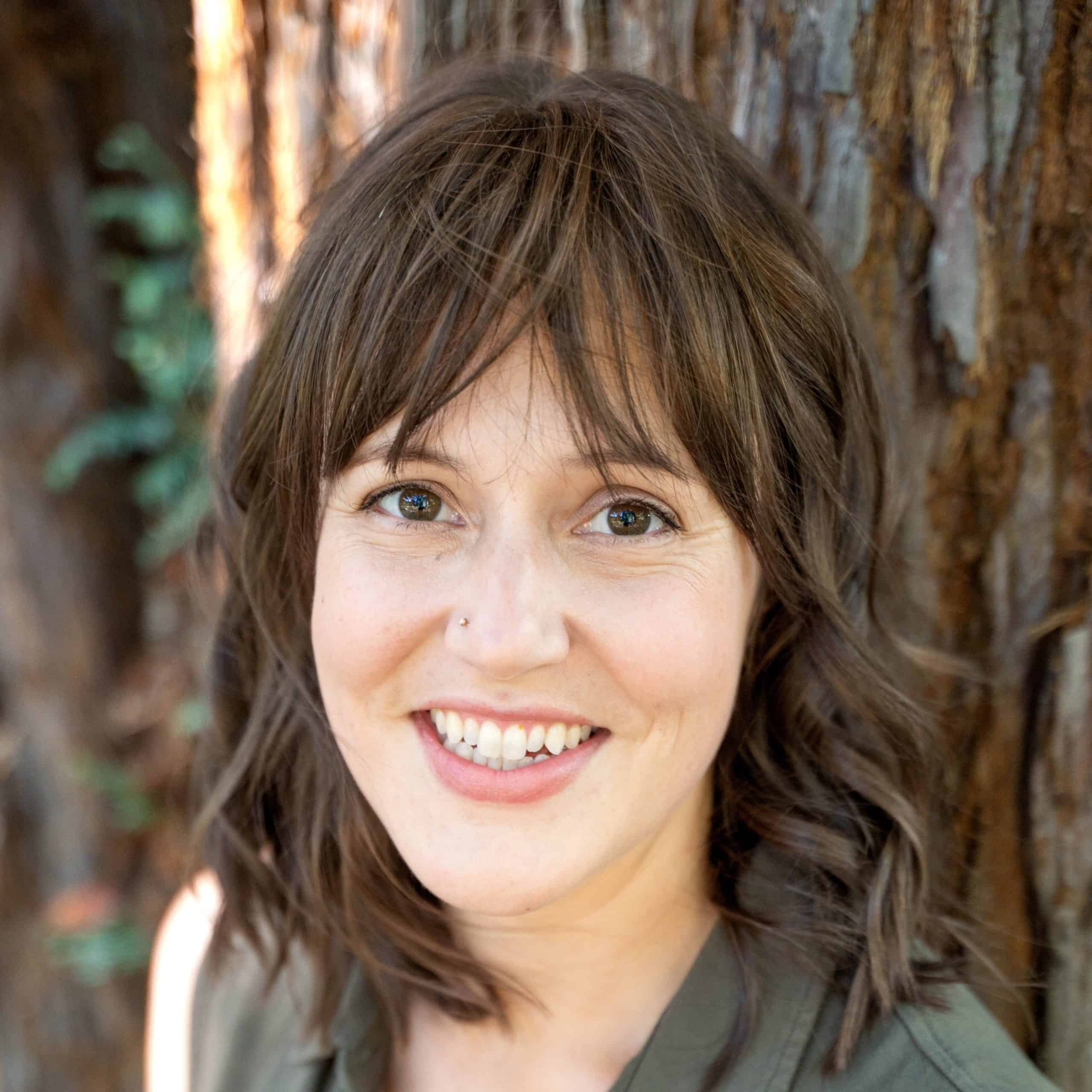
Kelly Hill is a Content Manager at World Relief. She previously served as Volunteer Services Manager at World Relief Triad in North Carolina. With a background in International and Intercultural Communication, she is passionate about the power of story to connect people of diverse experiences.

